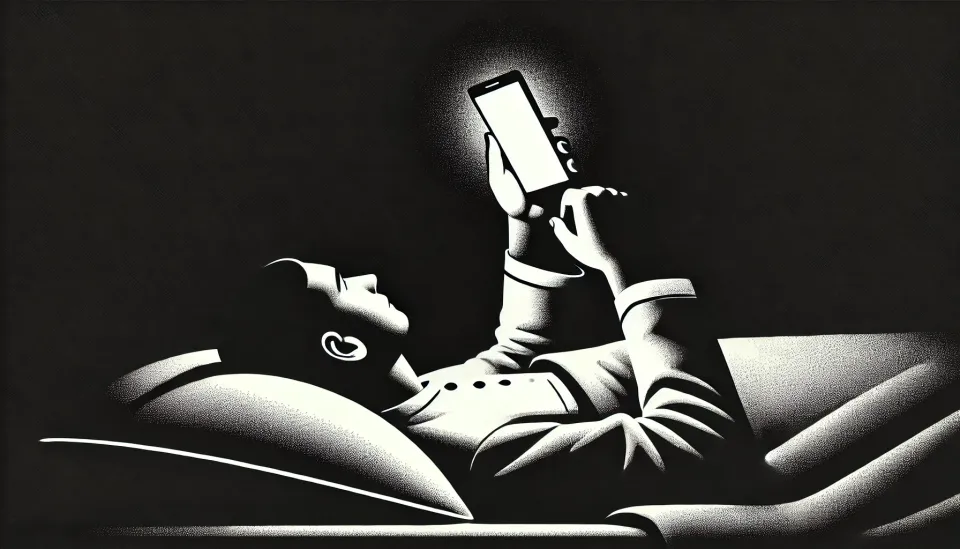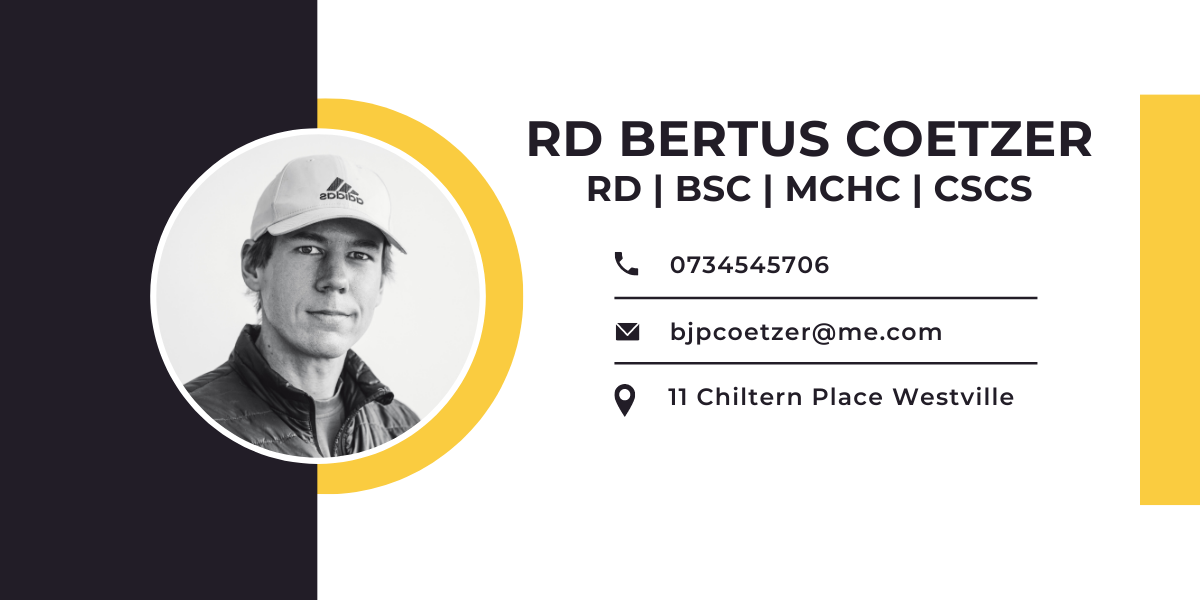The Real Reason You Can’t Stick to Your Health Goals

You know that moment when you’re lying in bed late at night, scrolling through your phone, and you suddenly feel a surge of motivation? Maybe you watch a fitness video, or read an article about the benefits of meditation, and you think,
That’s it. Tomorrow, I’m turning my life around.
You plan it all out in your head: you’re going to wake up early, make a healthy breakfast, hit the gym, meditate, clean your entire apartment, and start a new hobby—all before lunch.
But then, morning comes.
The alarm goes off, and hitting snooze just feels so much better than jumping out of bed.
Before you know it, you’re right back in your usual routine—skipping the workout, grabbing a coffee and a quick bite on the go, and telling yourself, I’ll start next week, for real this time.
Sound familiar?
You’re not alone. The cycle of wanting to change, setting ambitious goals, and then falling short is something so many of us struggle with.
It’s frustrating and even a little discouraging. We feel the weight of our intentions turning into guilt because we just can’t seem to stick to the plan.
Then, we put off trying again—waiting for the “perfect time” to start. But the truth is, delaying only makes it harder.
What if there’s a better way to finally break this cycle and start building the habits that will actually stick?
Why Delaying Change Becomes a Habit
We all know we should exercise more, eat better, meditate, and get enough sleep. Yet, when it comes time to make these changes, there’s often an invisible force that holds us back. We tell ourselves we’ll start tomorrow or next week, and before we know it, weeks turn into months. The cycle of delaying becomes our new normal.
This habit of postponing doesn’t just keep us stuck—it fuels more anxiety and makes it even harder to change.
Eventually, when the discomfort of inaction becomes unbearable, we may try to overhaul our entire lifestyle in one week.
We set ambitious goals like “work out every day,” “eat only healthy foods,” and “cut out sugar.” But after a few weeks, we’re back to square one, exhausted and defeated. It’s like trying to sprint a marathon—we burn out quickly and fall back into the habit of delaying once again.
To understand why this happens and how to finally break the cycle, let’s dive into the science of habits and change.
The Psychology of Delaying Change
Delaying action is often a way of coping with anxiety or overwhelm. When faced with the idea of changing our lifestyle, we may feel anxious about failing or overwhelmed by the sheer amount of effort it seems to require.
This anxiety tricks our brains into thinking that delaying the change will give us relief. Unfortunately, it’s a temporary fix that actually creates more stress over time.
Here’s what happens in our brains:
- Avoidance Reinforces Anxiety: When we delay taking action, we momentarily feel relief from the anxiety of facing the change. This relief acts as a reward, reinforcing the habit of avoidance. Our brain learns that postponing action is a way to escape stress. As a result, every time we think about making a change, the automatic response is to delay. This forms a habit loop: trigger (thought of change) → behavior (delay) → reward (temporary relief).
- Decision Fatigue and Cognitive Overload: Trying to change too many things at once overwhelms our brain. It’s like having too many tabs open on your computer—eventually, everything slows down, and the system crashes. This is because our willpower is a limited resource. Making multiple changes at once depletes it quickly, leading to burnout and failure.
- The All-or-Nothing Mindset: This mindset is the belief that if we can’t do something perfectly, it’s not worth doing at all. When we try to change everything at once and inevitably stumble, it feels like we’ve failed completely. This discouragement often causes us to give up entirely.
- The Brain’s Comfort Zone: Our brains are wired for efficiency and prefer familiar routines, even if those routines are unhealthy. Change requires mental energy, and the brain often resists this by defaulting to what’s easy and comfortable. When we set overly ambitious goals, we create resistance that’s difficult to overcome.
Why Small Habits Are the Key to Lasting Change
The good news is that small changes are not only more manageable but also much more effective in the long run. The science behind habit formation shows that when we start small, we give ourselves the best chance to succeed.
Here’s why:
- Tiny Wins Build Confidence: Achieving small goals gives us a sense of accomplishment, which boosts our motivation to keep going. Each tiny win sends a signal to the brain that we are capable of change, which encourages us to take on more.
- Gradual Change Reduces Resistance: Small changes don’t provoke the same level of anxiety and resistance that large changes do. By making minor adjustments, we ease the brain into new routines without overwhelming it. It’s like warming up to exercise instead of jumping straight into a sprint.
- Consistency Over Intensity: When changes are small, it’s easier to be consistent. And consistency is what ultimately leads to habit formation. According to the habit loop theory, repetition is key. The more frequently we repeat a behavior, the stronger the habit becomes.
- Compounding Effects: Small habits may not seem significant on their own, but over time, their effects add up. Think of it like planting a seed. It starts small, but with daily nurturing, it eventually grows into something much bigger. The same goes for habits; small, consistent actions lead to major long-term transformations.
A Framework for Change: How to Start Small and Stay on Track
To break the habit of delaying and avoid the pitfalls of trying to change too much at once, start by identifying three small habits that will have the greatest impact on your well-being. Follow these steps to make your changes stick:
Step 1: Identify Your “Keystone Habits”
A keystone habit is a small habit that leads to other positive behaviors naturally. These habits often have a ripple effect that improves multiple areas of life.
For example, regular exercise might lead to better sleep and healthier eating.
Choose three habits that you believe will have the most significant impact on your daily life. Here are some examples:
• Daily Movement: Start with just 10 minutes of walking or stretching.
• Mindful Eating: Eat one meal each day without distractions, focusing on enjoying the food.
• Sleep Hygiene: Set a consistent bedtime that’s 15 minutes earlier than usual.
Step 2: Set Ridiculously Easy Goals
Make your initial goals so easy that it would be almost impossible to fail.
If your goal is to meditate daily, start with just 2 minutes a day.
If you want to exercise, begin with a 5-minute walk.
The idea is to make the habit so small that it doesn’t trigger the brain’s resistance. Once this easy version of the habit feels natural, gradually increase the duration or intensity.
Step 3: Create a Routine and Track Your Progress
Build your small habits into your daily routine by tying them to an existing habit. This is called “habit stacking.” For instance, if you want to drink more water, make it a habit to drink a glass right after brushing your teeth.
Tracking your progress with a simple checklist or journal can also reinforce the habit by giving you a visual reminder of your consistency.
Step 4: Focus on Consistency, Not Perfection
Don’t worry if you miss a day here and there. The goal is not to be perfect but to be consistent over the long term.
Aim for progress, not perfection. Remember, the power of small habits lies in their ability to grow over time.
Step 5: Celebrate Tiny Wins
Acknowledge your efforts and celebrate small victories along the way. This could be as simple as giving yourself a mental high-five or rewarding yourself with a treat after completing a week of consistent habits. Celebrating helps solidify the habit loop by making the new behavior feel rewarding.
Reflection Prompts to Get Started
• What small habit could I start today that would have the biggest positive impact on my life?
• When have I tried to change too much at once, and how can I learn from that experience?
• How can I make my new habit easy enough to start right away without feeling overwhelmed?
The journey to better health—both body and mind—begins with small, deliberate steps.
By nurturing one tiny habit at a time, you set the stage for lasting change and break free from the cycle of delay.
The key is to keep moving forward, even if progress feels slow. Over time, the small steps will compound into big transformations.
Until next time
RD Bert
Stop the Yo-Yo Dieting: 13 Weeks to Lasting Change Starts Now

How can this program help you?
- Understand why diets fail: Fad diets don’t work because they don’t address the root cause—your habits and psychology.
- Personalized nutrition: No more one-size-fits-all diets. This program is tailored to your unique needs, so you enjoy the journey while losing weight.
- Mind-body connection: Master mindful eating and manage stress with powerful tools that prevent emotional eating.
But don’t let October just be another month.
Why wait until January for change? Start now, and by the end of this year, you'll have transformed not just your body, but your entire approach to health and wellness.
Click here to start your 13-week journey to diet freedom!
Let’s make this October the turning point you’ve been waiting for.
To your health and freedom,
Bertus Coetzer
Founder of 13 Weeks to Diet Freedom
